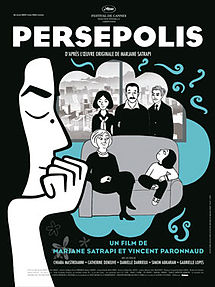![]() by Mark Bousquet
by Mark Bousquet
While the National Coalition Against Censorship’s recent headline, “Graphic Novels and Comic Books, They’re Not Just for Kids” feels anachronistic to fans of the medium, a recent complaint filed against Alan Moore’s Neonomicon (Avatar Press) at a public library in Greenville, South Carolina, reminds us that such reminders are still needed. Despite Neonomicon being correctly shelved in the adult section of the library, a patron recently filed an official challenge against the book after it was checked out of the library by her 14-year old daughter, even though her daughter had both a library card that allowed her access to the library’s adult material and her mother’s permission to take the book home. At the heart of the mother’s complaint is the common misconception that graphic novels and comic books are a medium only for children.
More after the jump…

